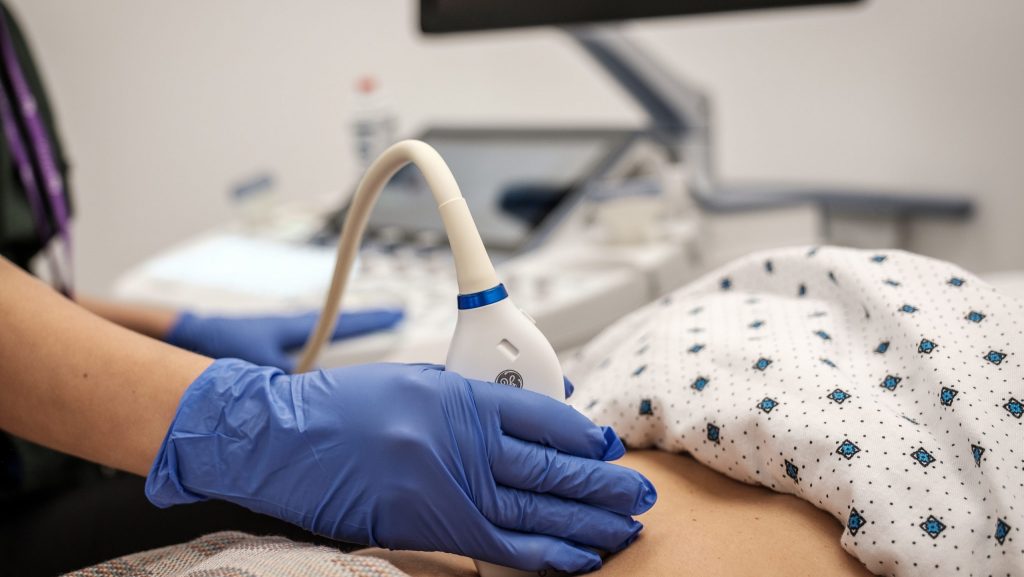Created Equal: Maternity care deserts and the loss of health care access for women
Created Equal April 1, 2024Access to maternity care is essential for preventing poor health outcomes and eliminating health disparities.

In too many places, it is becoming very difficult or impossible for women to get maternal health care – either while they’re pregnant or once their children are born. And this is not just happening in urban environments, where medical access is a familiar issue. It’s also happening in remote rural communities.
According to March of Dimes — a nonprofit that tracks access to obstetric services in the U.S. — more than two million women of childbearing age live in maternity care deserts, or areas without access to birthing facilities and/or maternity care providers.
In 2022, the organization found an overall decrease in maternal health care services since they began researching in 2018. This raises many questions, mainly how legal challenges to reproductive and maternity health care are impacting the availability of prenatal medical services.
Access to maternity care is essential for preventing poor health outcomes and eliminating health disparities. Women in maternity care deserts have to travel roughly 4.5 times farther than those with full access. In Michigan, a woman in need of maternity care will travel approximately 8.1 miles on average for obstetric care, according to March of Dimes.
Stefanie Worth, executive director of market development at March of Dimes, and Dr. Sonia Hassan, director of the Office of Women’s Health at Wayne State University, joined Stephen Henderson Monday on Created Equal to discuss why women’s access to health care is declining in the U.S.
Subscribe to Created Equal on Apple Podcasts, Spotify, Google Podcasts, NPR.org or wherever you get your podcasts.
Guests:
Stefanie Worth is the executive director of market development at March of Dimes, a nonprofit that tracks maternal services across the U.S. She says living far from a maternal care provider can lead to concessions in other parts of a birthing person’s life.
“Very often, when you’re expecting and you’re working, these appointments take place during the day,” Worth said. “If it’s further away you may end up using additional vacation time, PTO time, to actually get to this doctor appointment.”
Dr. Sonia Hassan is the founder and director of the Office of Women’s Health at Wayne State University. She says she and others are working toward solving some of these issues by providing a care plan that addresses multiple barriers.
“We have put together a group that has decided that the way to combat some of the issues of pre-term birth — which is the leading cause of infant mortality — and preeclampsia, the leading cause of maternal mortality, is to couple the medical interventions that we know are evidence-based with the structural interventions which are attacking those social determinants of health such as transportation,” she said.
Listen to Created Equal with host Stephen Henderson weekdays from 9-10 a.m. ET on 101.9 WDET and streaming on-demand.
Trusted, accurate, up-to-date.
WDET strives to make our journalism accessible to everyone. As a public media institution, we maintain our journalistic integrity through independent support from readers like you. If you value WDET as your source of news, music and conversation, please make a gift today.
